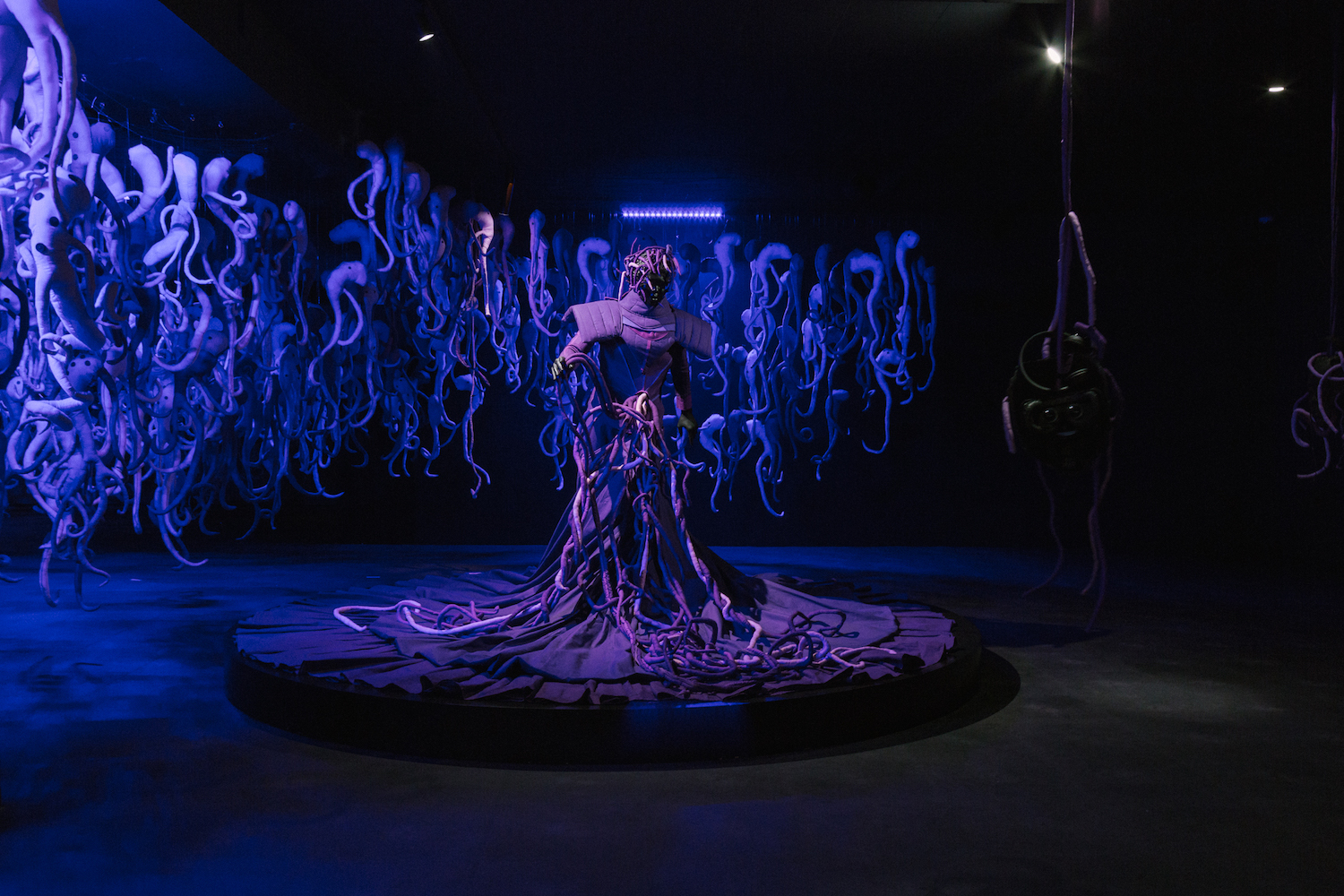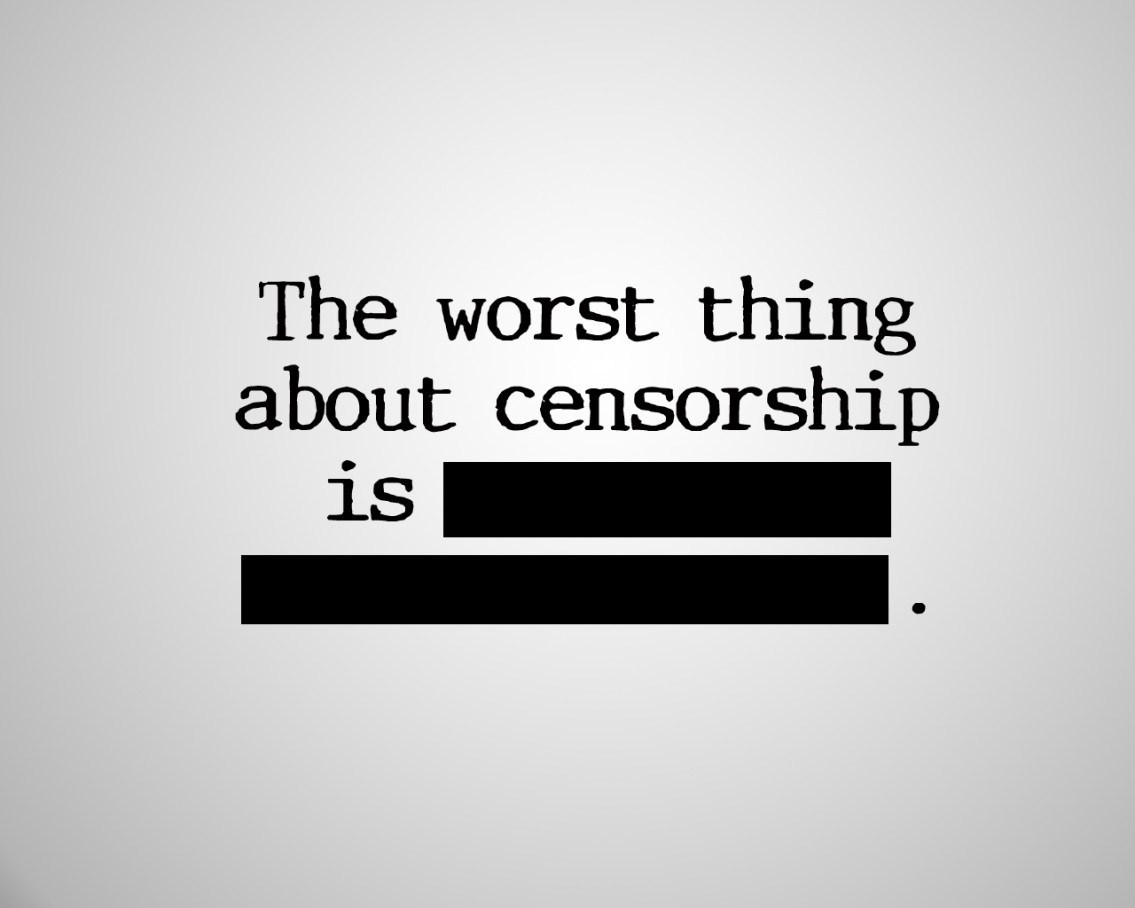In an ever-increasing digital age where modes of technology seep into everyday use, TMRW Gallery operates as a platform at the frontier of innovation. Rooted in the desire to extend knowledge and experience – the objectives of the space are to produce world-class work and promote South Africa as a thought leader. Its core focus is invested is the integration of contemporary art and technology.
Director Ann Roberts describes the space as, “platform agnostic” emphasizing that TMRW Gallery is open to engaging with artists of all disciplines. The contemporary art space pairs both emerging and established artists with technologists who collaborate in actualizing a creative vision. Based on the premise that art guides and dictates the process by pushing the technology, creating a context in which “innovation is exponential.”
The gallery provides artists with access to new technologies including virtual reality, 3D printing, performance and augmented reality. This allows them to explore the medium and incorporate it as an extension of their practice – “tech is just another paintbrush”. Ann notes that “the outcomes need to be flexible” in order to allow for the plasticity of the process.
The not-for-profit space also presents an alternate gallery model, whereby the creation of exceptional work and not salability is the primary focus. However, the space is dependent on sponsorship and brand association. TMRW Gallery also poses an alternative to the ‘White Cube’ space – opting for a far more engaging and immersive environment.
The space promotes an audience-driven experience in which viewers are captivated and engulfed in an imagined reality. This model operates as an opportunity to develop the visual and digital vocabulary of its audience members – making the work intergenerationally accessible. The gallery’s upcoming show exhibits in September, featuring Lady Skollie and Wayne Barker. In the future, the space will also engage with extensive public programming, residencies, as well as group and solo shows.

